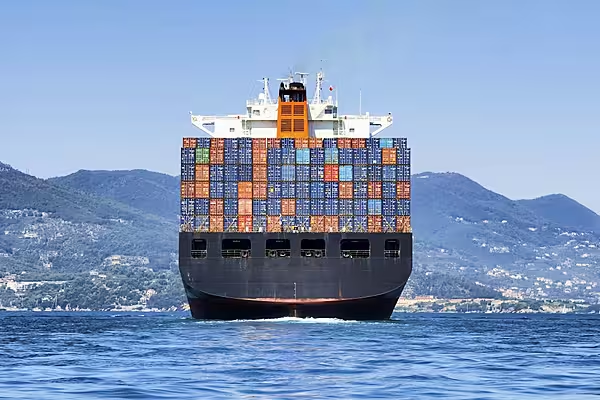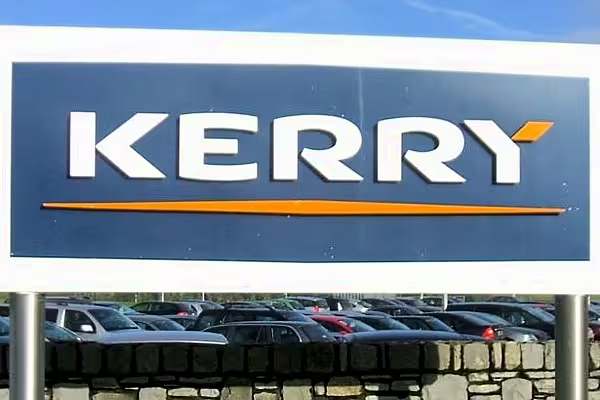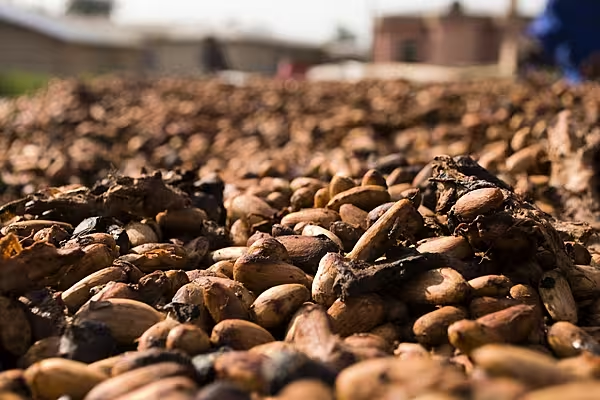Bord Bia has issued a report which found that one of the biggest risks facing the Irish food and drink industry is the disruption to supply chains, according to the Irish Independent.
The 'Food and Drink Supply Chain Logistics, Strategies for Success' report, released as Brexit comes ever closer, found that increased lead times, particularly around products with a short shelf life is a major concern for the industry.
Checks & Tariffs
The report says that these product flows could also be subject to future tariffs and customs delays, hindering the ‘frictionless movement’ of Irish exports.
According to Bord Bia, requirement for documentation to accompany shipments of products within the EU is minimal at present, and there are no limits to the number of goods eligible for import or export.
However, it has been well documented that it is likely that Brexit will change these trade situations immensely once the UK leaves the EU in March.
As a result, Bord Bia has suggested that new supply chains to service already existing markets ‘need to be explored’.
"There are significant challenges ahead for Irish companies in the food and drink sector, many of whom rely heavily on the UK land bridge to access other EU markets," said Shane Hamill, overseas trade manager at Bord Bia.
"It is essential that companies assess or audit the Brexit readiness of their supply chain partners, their market access routes and their channels for accessing raw materials."
Creating A Strategy
This report follows Bord Bia’s Brexit Barometer, which it released in June. The Barometer found that the majority of Irish food and drink companies believe they will still have opportunities to increase sales in the UK after Brexit.
However, it also found that almost 90% of its respondents are reliant on low supply chain costs, and two-thirds added that their commercial models are ‘sensitive’ to increased lead times.
The latest report aims to assist industry manufacturers to identify operating partners to help establish a more efficient distribution channel.
"Many companies will have to consider direct routes to the EU and potentially holding stock closer to the European markets if this is cost-effective," Hamill said.
"It is imperative that all companies have a strategy for reducing their cost base, reviewing product and market profitability, and also have contingency plans in place for a range of complex Brexit scenarios."
© 2018 Checkout – your source for the latest Irish retail news. Article by Aidan O’Sullivan. Click subscribe to sign up for the Checkout print edition.









